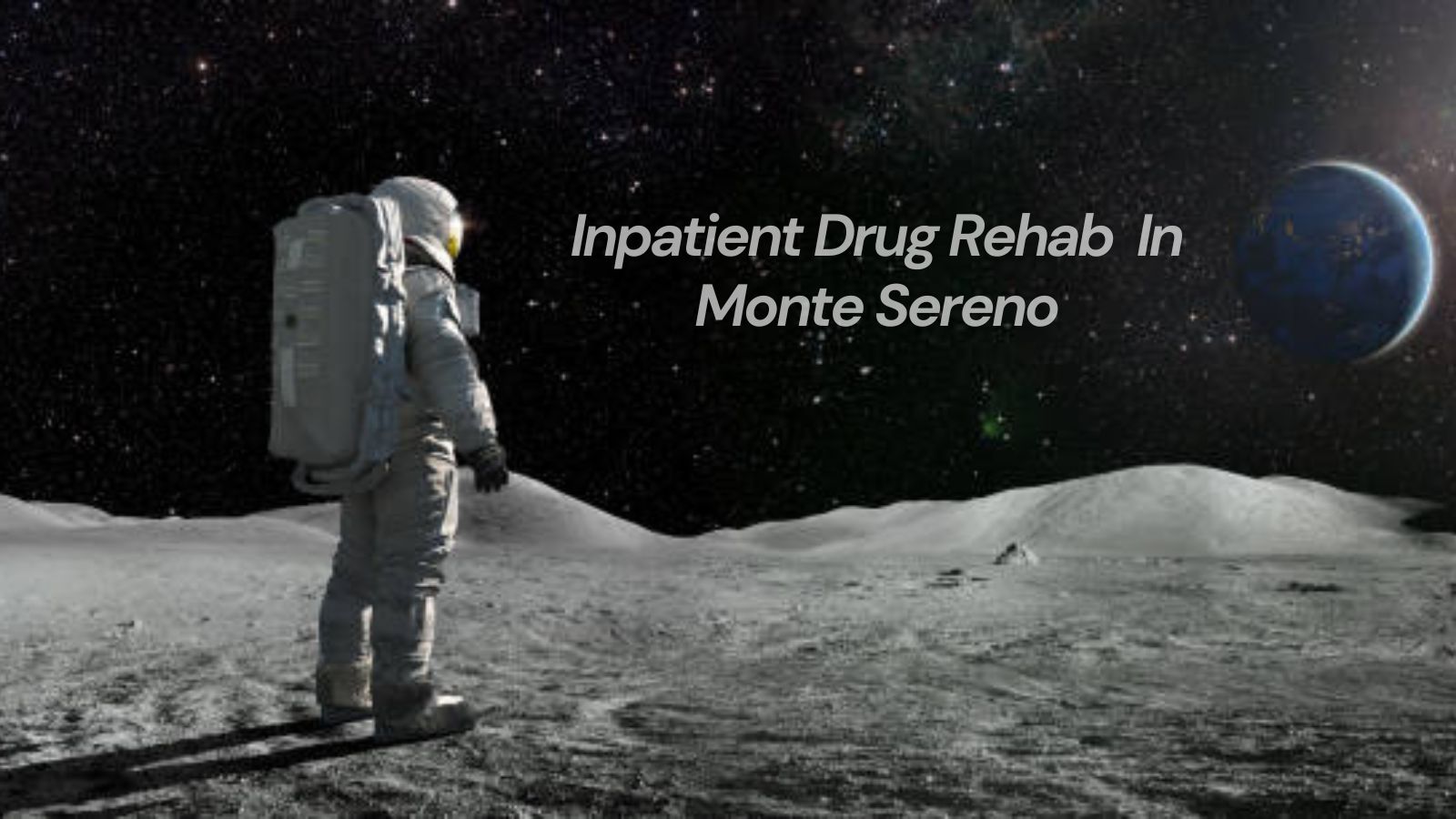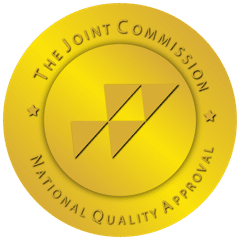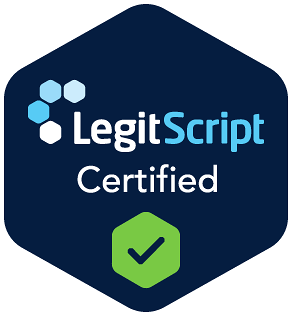As individuals embark on their journey towards recovery from mental health disorders or substance abuse, they may encounter various treatment options tailored to their unique needs. One such option gaining recognition for its effectiveness is Partial Hospitalization Programs (PHP). Designed to provide intensive, structured care while allowing individuals to return home in the evenings, PHP offers a stepping stone between inpatient treatment and outpatient therapy.
In this beginner’s guide, we’ll delve into the fundamental aspects of Partial Hospitalization Programs, offering a step-by-step understanding of its concept, structure, admission process, daily activities, and the critical role of therapy, medication management, and support. Lift Off Recovery specializes in providing comprehensive Partial Hospitalization Programs, guiding individuals in Orange, California through their journey towards recovery with personalized care and support.
Partial Hospitalization Programs Services
Understanding the Concept and Purpose of Partial Hospitalization Programs (PHP)
Partial Hospitalization Programs (PHP) are structured outpatient programs designed to provide intensive treatment and support for individuals struggling with mental health disorders, substance abuse, or co-occurring conditions. The primary goal of PHP is to offer a therapeutic environment where individuals can receive comprehensive care during the day while returning home in the evenings, allowing for greater flexibility and autonomy compared to inpatient treatment.
PHP is ideal for individuals who require more support than traditional outpatient therapy but do not require 24-hour supervision or residential care. It provides a higher level of care than standard outpatient treatment while allowing individuals to maintain their daily routines and responsibilities outside of treatment hours.
Exploring the Structure and Components of PHP
Partial Hospitalization Programs typically consist of structured treatment sessions held on weekdays, with participants attending therapy sessions, group counseling, educational workshops, and other therapeutic activities throughout the day. Treatment plans are personalized to meet the specific needs and goals of each individual, with a focus on addressing underlying issues, developing coping skills, and promoting long-term recovery.
The structure of PHP may vary depending on the facility and the individual’s treatment plan, but common components include:
- Individual Therapy: One-on-one sessions with a therapist to address personal issues, set goals, and develop coping strategies.
- Group Therapy: Therapeutic group sessions focusing on topics such as coping skills, relapse prevention, communication skills, and emotional regulation.
- Medication Management: Oversight and adjustment of medications by a psychiatrist or medical professional to address psychiatric symptoms or substance use disorders.
- Educational Workshops: Interactive sessions covering topics such as addiction education, mental health awareness, stress management, and healthy lifestyle practices.
- Family Therapy: Involvement of family members or loved ones in therapy sessions to improve communication, address family dynamics, and provide support.
Learning About the Admission Process and Criteria for PHP
The admission process for Partial Hospitalization Programs typically begins with a comprehensive assessment conducted by a qualified mental health professional or addiction specialist. This assessment helps determine whether PHP is the appropriate level of care for the individual and identifies any specific treatment needs or goals.
Criteria for admission to PHP may vary depending on the facility and the individual’s diagnosis and treatment history. However, common criteria may include:
- Medical Stability: Individuals must be medically stable and able to participate in treatment without the need for 24-hour supervision.
- Psychiatric Symptoms: Presence of psychiatric symptoms such as depression, anxiety, bipolar disorder, or PTSD that require intensive treatment and support.
- Substance Use Disorder: Individuals struggling with substance abuse or addiction may benefit from PHP to address underlying issues, develop coping skills, and prevent relapse.
- Motivation and Commitment: Willingness and commitment to actively participate in treatment and adhere to program guidelines and expectations.

Understanding the Daily Schedule and Activities in PHP
Partial Hospitalization Programs typically operate on a structured schedule, with treatment sessions held during regular business hours, usually from morning until late afternoon. Participants attend therapy sessions, group counseling, educational workshops, and other therapeutic activities throughout the day, with breaks for meals and relaxation.
A typical daily schedule in PHP may include:
- Morning Check-In: Participants gather for a brief check-in session to discuss goals for the day and address any immediate concerns or challenges.
- Therapy Sessions: Individual and group therapy sessions focusing on addressing personal issues, developing coping skills, and promoting emotional healing.
- Educational Workshops: Interactive workshops covering topics such as addiction education, mental health awareness, coping strategies, and relapse prevention.
- Recreational Activities: Relaxation exercises, mindfulness practices, and recreational activities to promote stress relief, relaxation, and holistic well-being.
- Medication Management: Oversight and adjustment of medications by a psychiatrist or medical professional to address psychiatric symptoms or substance use disorders.
- Afternoon Reflection: Participants gather for a reflection session to discuss progress, insights gained, and goals for the future before concluding the day’s activities.
Exploring the Role of Therapy, Medication Management, and Support in PHP
Therapy, medication management, and support are integral components of Partial Hospitalization Programs, each playing a unique role in promoting healing, recovery, and personal growth.
- Therapy: Individual and group therapy sessions provide opportunities for individuals to explore underlying issues, develop coping skills, and receive support from peers and professionals. Therapy sessions may focus on topics such as trauma resolution, addiction recovery, cognitive-behavioral techniques, and interpersonal skills development.
- Medication Management: Oversight and adjustment of medications by a psychiatrist or medical professional are essential for addressing psychiatric symptoms such as depression, anxiety, bipolar disorder, or schizophrenia. Medications may be prescribed to stabilize mood, reduce cravings, manage withdrawal symptoms, or treat co-occurring conditions.
- Support: Peer support and encouragement from fellow participants, as well as guidance and assistance from experienced clinicians and support staff, create a nurturing and empowering environment for individuals in PHP. Support groups, family involvement, and aftercare planning help individuals build a strong support network and transition to ongoing care after completing PHP.
Partial Hospitalization Programs for Beginners at LIft Off Recovery
In conclusion, Partial Hospitalization Programs (PHP) offer a comprehensive and structured approach to treatment for individuals struggling with mental health disorders, substance abuse, or co-occurring conditions. By providing intensive support and therapy during the day while allowing individuals to return home in the evenings, PHP offers a flexible and effective solution for those in need of higher levels of care than traditional outpatient therapy.
From understanding the concept and purpose of PHP to exploring its structure, admission process, daily activities, and the critical role of therapy, medication management, and support, this beginner’s guide provides a comprehensive overview of PHP for individuals considering this treatment option.
At Lift Off Recovery, we are committed to providing personalized and compassionate care to individuals seeking recovery and healing. If you or a loved one is in need of support, guidance, and treatment, we are here to help. Contact us today to learn more about our Partial Hospitalization Programs and take the first step towards a brighter, healthier future.

- What is a Partial Hospitalization Program (PHP) and how does it differ from other treatment options?
- A Partial Hospitalization Program (PHP) is a structured outpatient program that provides intensive treatment and support for individuals with mental health disorders or substance abuse issues. Unlike inpatient treatment, PHP allows individuals to return home in the evenings while receiving comprehensive care during the day.
- Who is PHP suitable for, and what are the benefits of participating in such a program?
- PHP is ideal for individuals who require more support than traditional outpatient therapy but do not need 24-hour supervision. Benefits of PHP include intensive treatment and support, flexibility to maintain daily routines, and personalized care tailored to individual needs and goals.
- What are the typical components of a Partial Hospitalization Program?
- Components of PHP may include individual therapy, group therapy, medication management, educational workshops, and family therapy. These components work together to address underlying issues, develop coping skills, and promote long-term recovery.
- How does the admission process for PHP work, and what criteria are considered for admission?
- The admission process for PHP involves a comprehensive assessment by a qualified mental health professional. Criteria for admission may include medical stability, presence of psychiatric symptoms or substance use disorders, and motivation and commitment to participate in treatment.
- What does a typical day in a Partial Hospitalization Program look like?
- A typical day in PHP involves structured treatment sessions held during regular business hours, including therapy sessions, educational workshops, recreational activities, and medication management. Participants have opportunities for reflection, goal-setting, and peer support throughout the day.
- What role does therapy play in PHP, and what types of therapy are offered?
- Therapy is a fundamental component of PHP, providing opportunities for individuals to explore underlying issues, develop coping skills, and receive support. Types of therapy offered may include individual therapy, group therapy, family therapy, and cognitive-behavioral techniques.
- How is medication managed in PHP, and who oversees this aspect of treatment?
- Medication management in PHP is overseen by a psychiatrist or medical professional who monitors and adjusts medications to address psychiatric symptoms or substance use disorders. Medications may be prescribed to stabilize mood, reduce cravings, or manage withdrawal symptoms.
- What role does support play in PHP, and how is it provided to participants?
- Support from peers, clinicians, and support staff is integral to the success of PHP. Participants receive peer support and encouragement, as well as guidance and assistance from experienced professionals. Support groups, family involvement, and aftercare planning help individuals build a strong support network for ongoing recovery.
- How long do individuals typically participate in a Partial Hospitalization Program, and what happens after completing the program?
- The duration of participation in PHP varies depending on individual needs and treatment goals. After completing the program, individuals may transition to lower levels of care such as outpatient therapy or participate in aftercare programs to maintain progress and support ongoing recovery.
- How can individuals seeking treatment for mental health disorders or substance abuse issues access Partial Hospitalization Programs like the one offered at Lift Off Recovery?
- Individuals interested in participating in a Partial Hospitalization Program can reach out to Lift Off Recovery for more information and guidance. The admissions team can provide details about the program, answer questions, and assist with the intake process to begin the journey towards recovery






